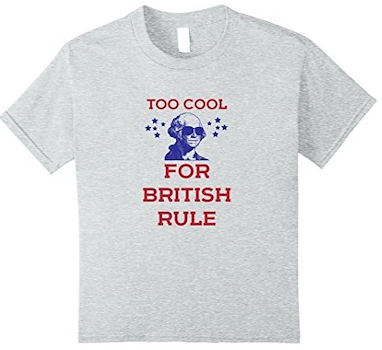It’s Re-Run Friday again – this post originally ran in April 2019!
Do you remember your first time!?
I was twenty-six years old. At the time, I was living in Michigan and working in my first job right out of college. I had been doing pretty well for myself and began moving up in the company.
I had just been put into a position where I had a couple of people reporting to me, and I had to hire a new person to report to me as well. I hired this smart, young person right out of college. Their passion and energy immediately attracted me to them.
Oh, wait, you think I’m talking about…
Okay, let me start again. This post isn’t about sex! This post is about my first termination!
Can you remember yours?
In my career, having to terminate individuals are some of my most memorable experiences. I think if you have half a heart, you’re probably the same. When I talk to upcoming HR graduates, I always try and forewarn them about this part of our job.
Terminating employees leads HR pros to heavy drinking or other forms of stress relief. That is a fact.
From time to time I hear HR pros talk boastful about firing someone, and it makes me sick to my stomach. While I’ve had to terminate individuals who clearly deserved it, I never took pleasure in doing it. It’s the one thing that really sucks about having a career in HR. We get to see people at their weakest moments.
Most of us pray that no one ever has to see this side of ourselves. Let alone, be in a position, where you frequently get to see this side of humanity.
When you terminate someone, there is a good chance you’re going to see this person’s biggest fears. I have enough of my own fears. I don’t need to carry around the fears of others!
My first time?
I had to fire the young kid I hired with all the passion and energy, hoping they were going to change the world, fresh out of college. This person just couldn’t come up to speed as a recruiter. It happens. I worked with this person, encouraged them, but eventually this person was ‘dead-employee’ walking.
Their body kept showing up for work, but their mind and heart had given up. No matter how hard they physically worked, it wasn’t going to happen for them. So, I pulled them into the conference room and told them it was time.
No real emotion to make this termination more memorable than any other. The person was upset, and you could see this was not something they had written on their bucket list. They stood up, walked out, and my life went on.
Nine years later, I’m working at Applebee’s in HR. I was responsible for seventy restaurants, and I happened to stroll into one of the locations and there was my first termination working behind the bar! I saw him before he saw me, but once he saw me he froze.
I went over to say ‘hi’, and catch up. It was awkward and clunky, but I’m an HR pro, I was trained to do this. After I let him go, he bounced around for a few years, and finally decided to go back to school, and had taken the bartender job at Applebee’s to make ends meet.
I saw this person a number of times after, and on one visit, he asked to talk. He said that the day I walked into the Applebee’s, and he learned who I was, in my new position, he assumed I was going to fire him again. I said, “For what?!” He said, “I don’t know, just because.”
It hit me hard. This wasn’t about terminating a poor performer and moving on. This person carried that termination around like a backpack for nine years, and as soon as they saw me, all that fear and feelings of failure flooded back to him.
Welcome to the show kids. Sometimes working in HR sucks.








